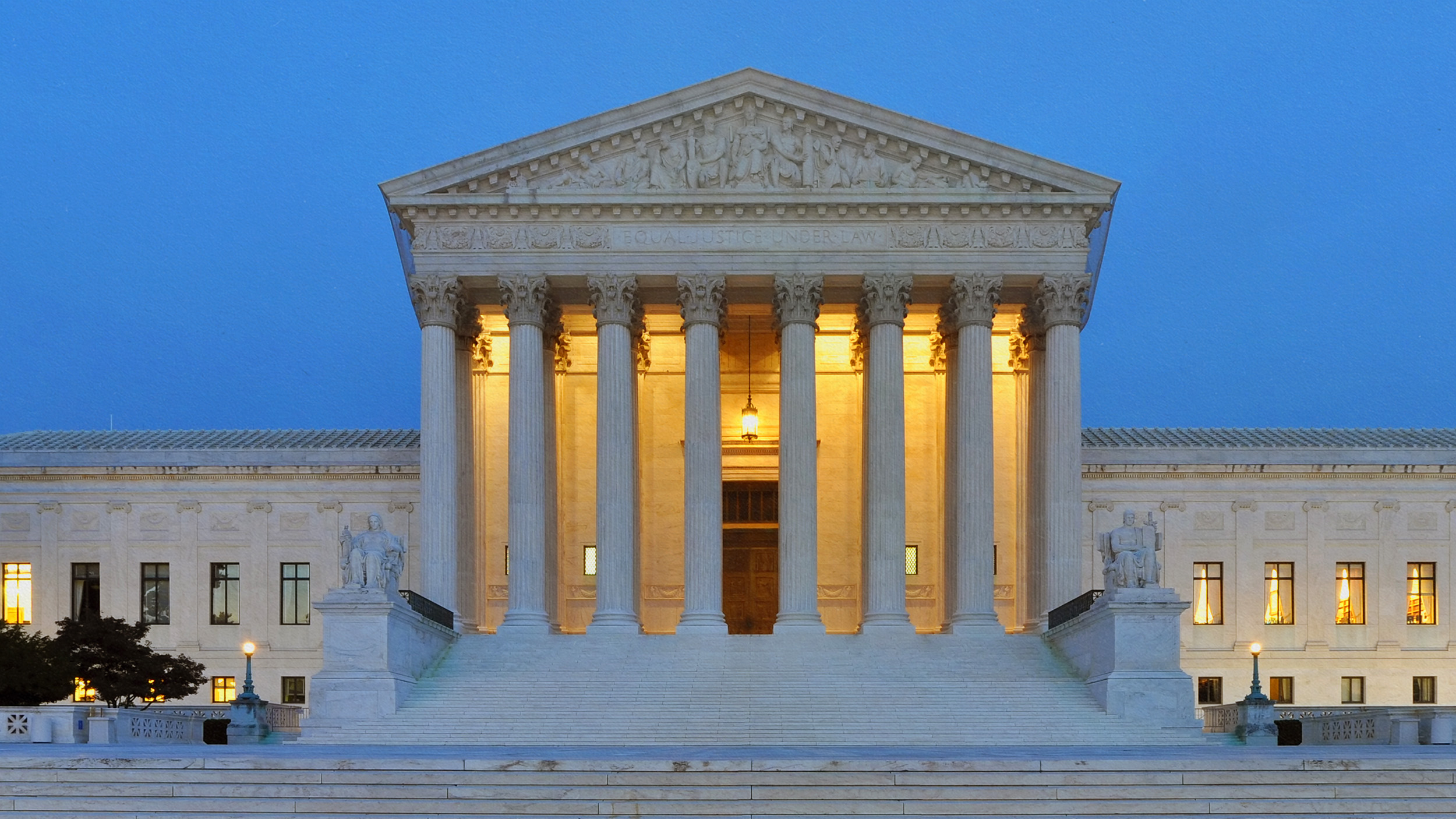Laurence Tribe on legislating environmentalism
Question: Has the court done enough for the Environment?
Laurence Tribe: There’s not that much that a court can do. I think the Court did the right thing in Massachusetts against EPA when it decided that a state whose coastline was going to be eroded by global warming has enough stake in the outcome so that it should be allowed to go to a federal court and challenge the EPA’s decision not to address the problem. So courts can nudge government agencies with more relevant expertise. And I think it was a good thing that the U.S. Supreme Court did; because it’s, generally speaking, moving the direction of shutting the doors of courts, making it harder for people to get into court and move agencies along. This was a 5-to-4 decision. It was the only important 5 to 4 decision in which the court this term moved in a slightly liberal direction. All the others . . . the other 23 5-to-4 decisions were right-leaning decisions with Kennedy in the majority in all 24, including Mass. v. EPA. But I think although the Court could play in the 1950s, and ‘60s, and ‘70s a role in advancing social justice, I think the steps that are needs to deal with the environment, the global threat of nuclear warfare, require a political leadership and not simply an affirmation of principal, an affirmation of decency and justice. So I think there is very little that a court can do. There is a fair amount that the court could do to make things worse I suppose. It could have decided Mass. v. EPA differently. It could pay little attention to what’s going on in the rest of the world.





